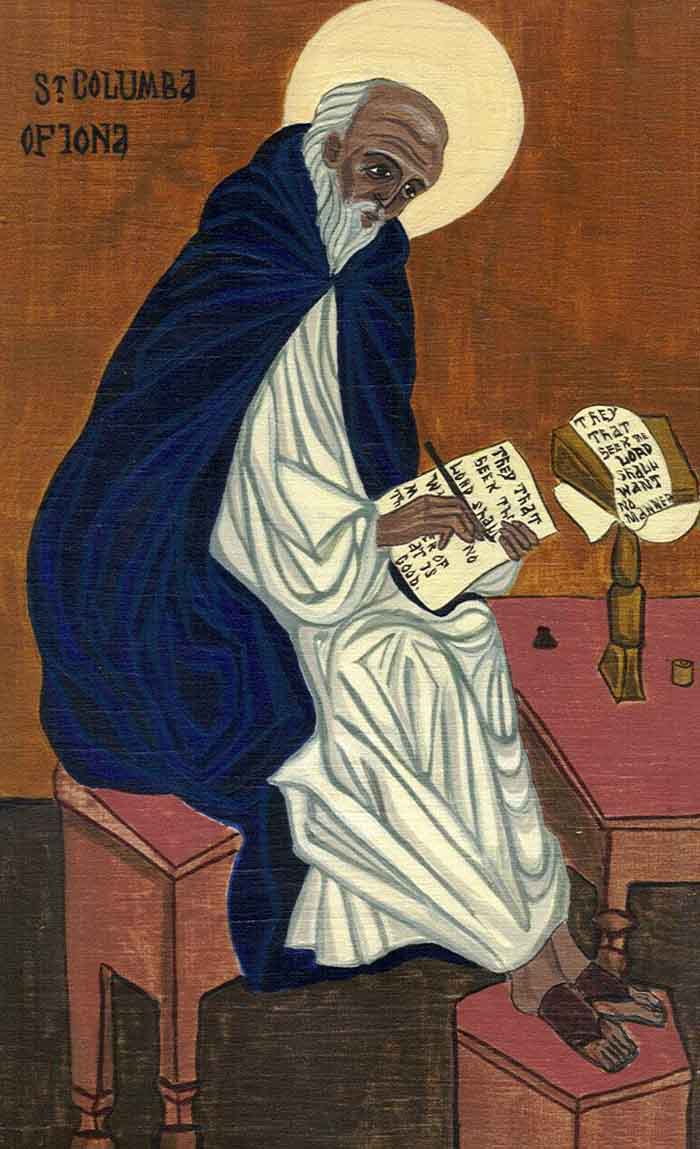WE do not presume to come to this Thy Table,
O merciful Lord,
trusting in our own righteousness,
but in Thy manifold and great Mercies.
We are not worthy
so much as to gather up the crumbs under Thy Table.
But thou art the same Lord,
Whose property is always to have Mercy:
Grant us, therefore, gracious Lord,
so to eat the Flesh of Thy dear Son Jesus Christ
and to drink His Blood,
that our souls and bodies may be washed and cleansed
by the Sacrifice of His Most Precious Body and Blood,
and that we may evermore dwell in Him, and He in us. Amen.
Today I have returned to contemplate the above 'failed' form of The Prayer of Humble Access. Of the several forms that exist I find this one exceptional for its unique evangelical and catholic phrases '... that our souls and bodies may be washed and cleansed / by the Sacrifice of His Most Precious Body and Blood'. Note well the position of these phrases following after the familiar 'Grant us, therefore, gracious Lord,/so to eat the Flesh of Thy dear Son Jesus Christ/and to drink His Blood'. The richness and genius of the prayer never ceases to move me in each of its several forms.
The more recognisable text in The Book of Common Prayer, 1662 has been hallowed by time, use, and familiarity, but I do wonder if the five forms with which I am familiar were placed side by side .. (1) which one would the average Catholic say was the 'most Catholic', (2) which one would be found the easiest to 'comprehend', and (3) which one provoked the deepest thought, contemplation, and worship of the Holy Mystery of the Eucharist.
+
















